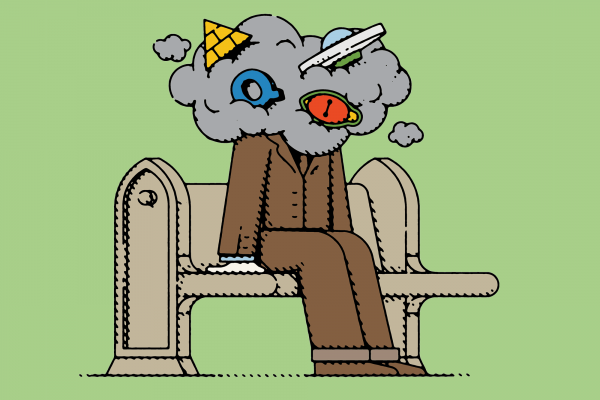WHILE QANON, A convoluted conspiracy theory filling the internet with misinformation, is out of the headlines for now, we are still unpacking the damage it did to democratic principles during the 2020 presidential election. Social scientists such as ourselves have been unpacking the connection between religion and support for QAnon.
During the height of the 2020 presidential campaign, QAnon content increased by 71 percent on Twitter and 651 percent on Facebook, according to Marc-André Argentino, an associate fellow at the Global Network on Extremism and Technology. In a report released in May 2021 by the Public Religion Research Institute (PRRI), 15 percent of Americans agreed with the sweeping QAnon allegation that “the government, media, and financial worlds in the U.S. are controlled by a group of Satan-worshipping pedophiles who run a global child sex trafficking operation.” The majority of Americans (82 percent) disagreed with the statement. Men and lower-income Americans were more supportive. To be clear, the vast majority of Americans (84 percent) have an unfavorable view of QAnon. Nearly three-quarters say that QAnon is bad for the nation.
However, 23 percent of white evangelical Protestants, a core Republican Party constituent group, are QAnon believers, according to PRRI.
Read the Full Article

